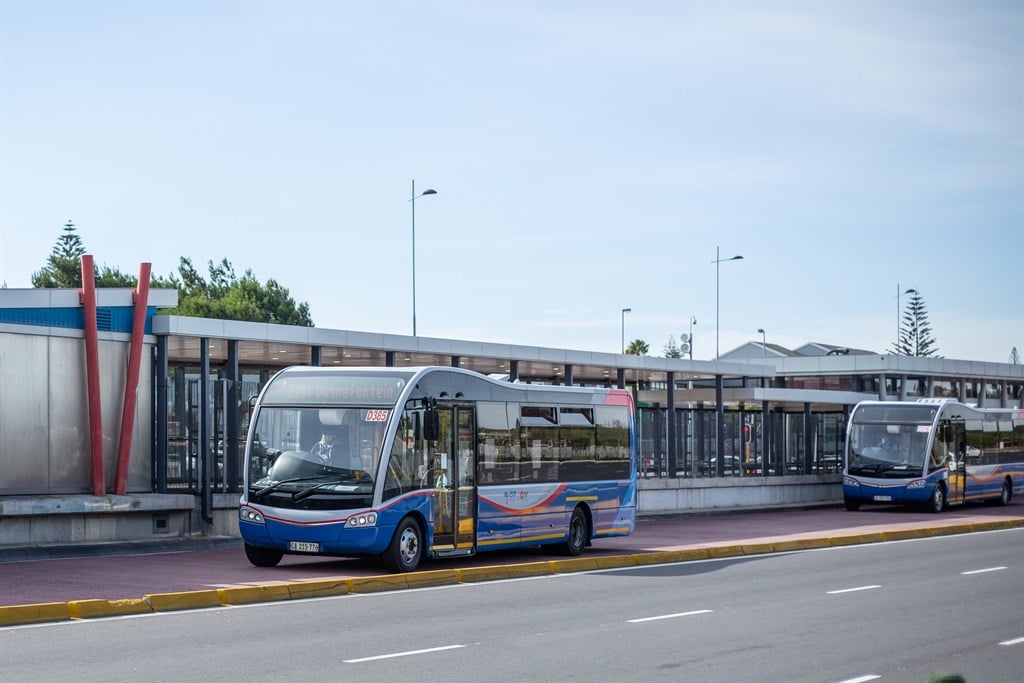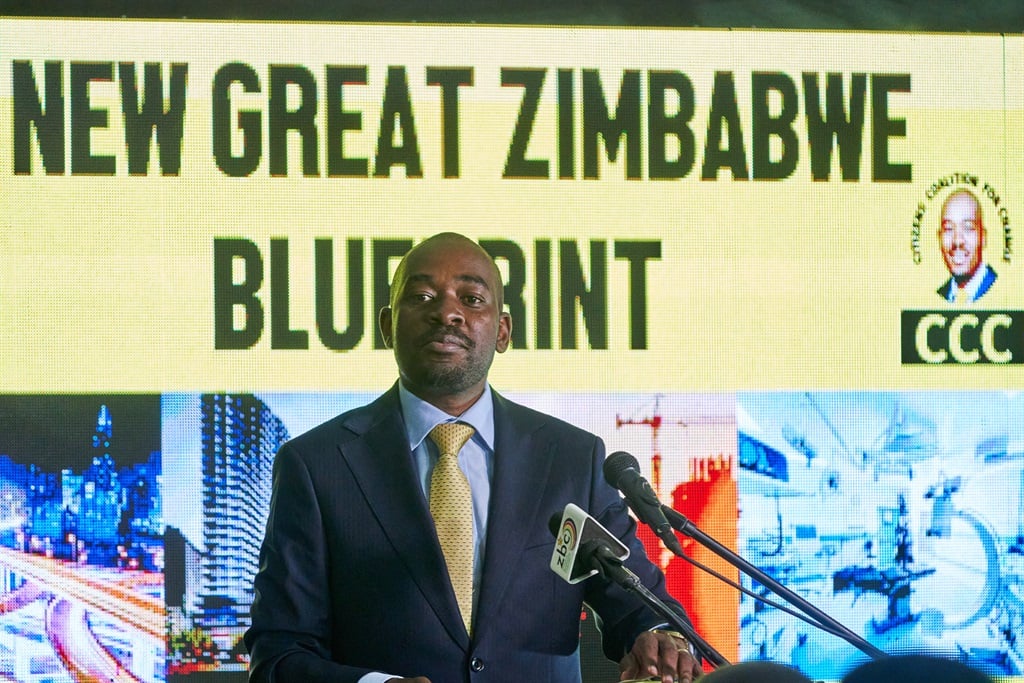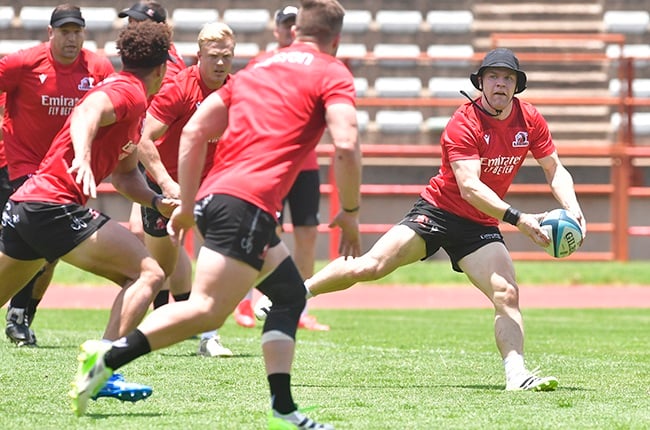
Cape Town commuters expressed their frustration and concern over MyCiTi fare increases. (Gallo Images/Misha Jordaan)
- MyCiti bus fares are set to increase on 1 July 2024.
- Commuters voiced concerns over rising MyCiTi fares amid high inflation.
- They warned fare hikes may push passengers towards less safe and late taxis.
MyCiTi bus fares will increase as of Monday (1 July), with a trip now costing commuters 5% more. Struggling Cape commuters are outraged.
A weekday trip in peak hours between 06:45 to 08:00 and 16:15 to 17:30, from the Table View station to the Civic Centre in the CBD, usually costs R20.90, but since the price hikes, the same trip will cost you R21.91.
Outside peak hours, this trip currently costs R16.90 on a weekday or any time on weekends and public holidays, but this cost will now rise to R17.75.
MyCiTi adjusts its fares annually, following the conclusion of the City of Cape Town’s annual budget process, which considers the latest cost projections for providing services over the upcoming year.
But Capetonians are not pleased with the price hikes.
Mkhululi Mpofu, 32, from Khayelitsha, said he struggled to keep his head above water amid high inflation.
Mpofu, who commutes daily from Khayelitsha to Cape Town CBD, said the increase would leave him financially strained.
Mpofu remarked that customer service was deteriorating while MyCiTi’s fares were increasing.
He pointed out issues such as bus doors not opening properly and malfunctioning tap-out systems.
Mpofu also observed that routes with many passengers had fewer buses than routes with fewer passengers.
Ababalwe Ndamase, 38, from Parklands, believes the fare increase will push more people towards taking taxis despite safety and punctuality concerns.
A disgruntled Ndamase criticised the rising bus fares, noting that passengers often have to stand the entire bus trip, from pick-up to drop-off.
READ | New MyCiTI transit line project set to commence in Mfuleni
She urged MyCiTi to provide more buses and improve customer service at kiosks, where cashiers frequently use their phones or chat with each other, causing customer delays.
Ndamase also complained that passengers were getting wet inside the buses when it rained.
She said MyCiTi, once the best transport option in Cape Town, was now becoming the worst, emphasising that MyCiTi is shifting away from accommodating people.
Ndamase said she could no longer afford to commute with MyCiTi as she had done for the past five years.
Martin Toontjies, a 32-year-old from Dunoon, believes public transport can be affordable. Toontjies thinks the prices should be lowered for those who rely on these services, especially for buses that are not fully functional.
He said when he commutes from Dunoon to Century City for work, he often cannot tap out on arrival and has to walk about 10 minutes to the Omuramba MyCiTi bus stop.
Toontjies said that sometimes there were no buses, forcing him to make alternative arrangements to get to work, which he did not budget for.
He said:
The bus had been full for some time, and I had to stand in the morning and afternoon for days on end. You can imagine the exhaustion I endured.
Asked about passengers’ complaints, councillor Rob Quintas, the City of Cape Town’s Mayoral Committee Member for Urban Mobility, said the City could only address general claims if it knew the specific routes involved.
He said passengers should direct their complaints to the Transport Information Centre for investigation.
Quintas added:
We are addressing the ‘offline issues’ with the City’s contractors, who are prioritising their resolution.
The City of Cape Town said the primary factor for this year’s increase is the rise in vehicle operating company costs, including diesel, the consumer price index, and the producer price index.
It added that the current MyCiTi tariffs have fare levels designed to accommodate diesel price fluctuations.
The City highlighted that operational costs impact its ability to expand the service and that the national government provides capital funding to extend routes into new areas.






Recent Comments